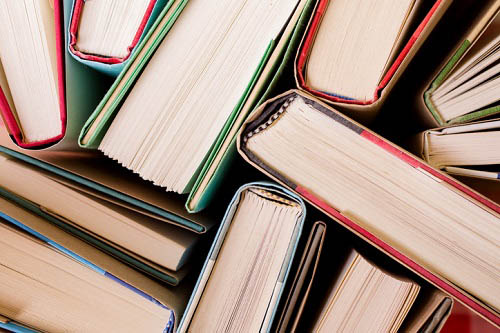
The 2019 NAPLAN National Report has been released, confirming the initial findings of the preliminary information published in August 2019.
David de Carvalho, CEO of ACARA, said that while none of the information is particularly new, there have been a number of significant gains since 2008 across a number of domains and year levels – particularly in primary education.
“At the national level, compared to 2008, the performance of Australian students in Year 5 numeracy, Years 3 and 5 reading, Years 3 and 5 spelling, and Year 3 grammar was significantly above the NAPLAN 2008 average,” de Carvalho said.
“It is not the case, as some claim, that NAPLAN results show no improvement since the test was introduced. It is more complex than that.”
de Carvalho noted a slight improvement in writing results in 2019, after a number of years of concern about the decline in writing results, calling the uptick “encouraging”.
“NAPLAN has enabled a spotlight to be focused on writing, and what teachers are doing seems to be making a difference,” he said.
“Hopefully, this first year of turnaround will be the beginning of a trend; however, only time will tell. The writing results overall, however, are still below where they were when writing was first tested, with the exception of Year 3”.
Indigenous gains ‘especially pleasing’
The report also identified several cumulative gains made since 2008 by Indigenous students in some domains and year levels.
The biggest gains were seen in reading (Years 3, 5 and 7), spelling (Years 3 and 5), grammar and punctuation (Years 3 and 7), numeracy (Years 5 and 9) and writing (Year 3).
de Carvalho said the performance of Australian Indigenous students in Years 3 and 9 writing was significantly above the NAPLAN 2018 average, calling the trend “especially pleasing”.
“The rate of improvement in results for Indigenous students is almost twice the rate of improvement for the general population, but more needs to be done,” he said.
“Further research is needed into what can be done to increase the rate of improvement even more for Indigenous students”.
There were also significant gains for students with a language background other than English (LBOTE), continuing a trend seen in last year’s NAPLAN report.
Compared to 2008, there were some significant cumulative gains in reading (Years 3, 5 and 7), grammar and punctuation (Years 3 and 7), spelling (Years 3 and 5) and numeracy (Year 5).
The performance of Australian LBOTE students in Year 3 writing was significantly above the NAPLAN 2018 average.
‘More work to do’
Federal Education Minister Dan Tehan said the results are a reminder that “there is more work to do”,
"Our Government understands the importance of education and we want every Australian child, no matter where the live, to get a world-leading education," Minister Tehan said today.
"Literacy and numeracy must be the absolute fundamentals of a world-leading education because, as the chief scientist says, if you don’t have the basic skills you will never expand your learning”.
Minister Tehan added that the Federal Government has made improving literacy and numeracy a focus through its free, Year One phonics check and $9.5m in funding to strengthen the capacity of teachers to teach mathematics and numeracy.
While there have been calls for NAPLAN to be scrapped, Minister Tehan said the Federal Government continues to back the test “because our community deserves to know how our students and schools are performing”.


